On New Music Tuesday, Natalie Merchant returned, with album “Leave Your Sleep”; her first in seven years. The amazing, 26-song collection indirectly comments on the value of public domain.
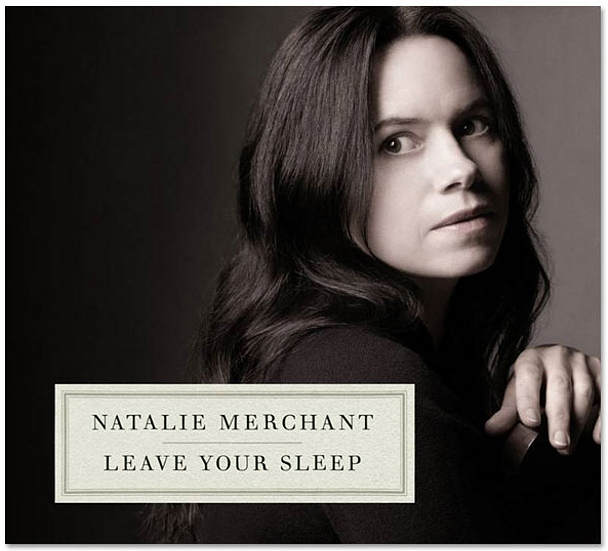

On New Music Tuesday, Natalie Merchant returned, with album “Leave Your Sleep”; her first in seven years. The amazing, 26-song collection indirectly comments on the value of public domain.

Last week’s announcement—that Apple would offer DRM-free music from EMI—jump-started my motivation to dump DRM. Last autumn, I expressed concern about my growing library of copy-protected content, particularly music. The iTunes music store had always […]
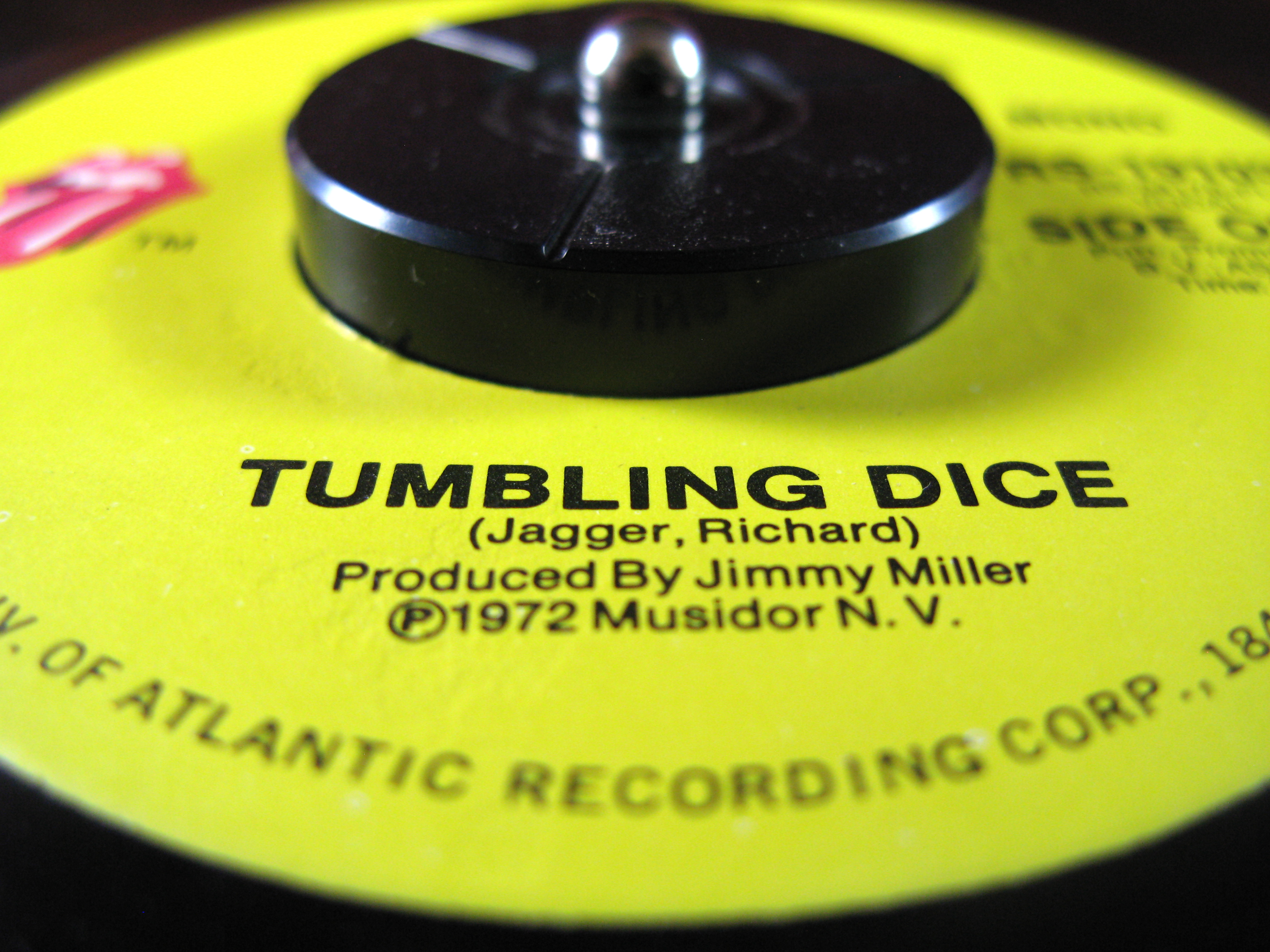
University of Maine is refusing to cooperate with the RIAA, which wants the names of students accused of downloading music, presumably from file-sharing sites. I say good for the home state and University of Maine system. […]
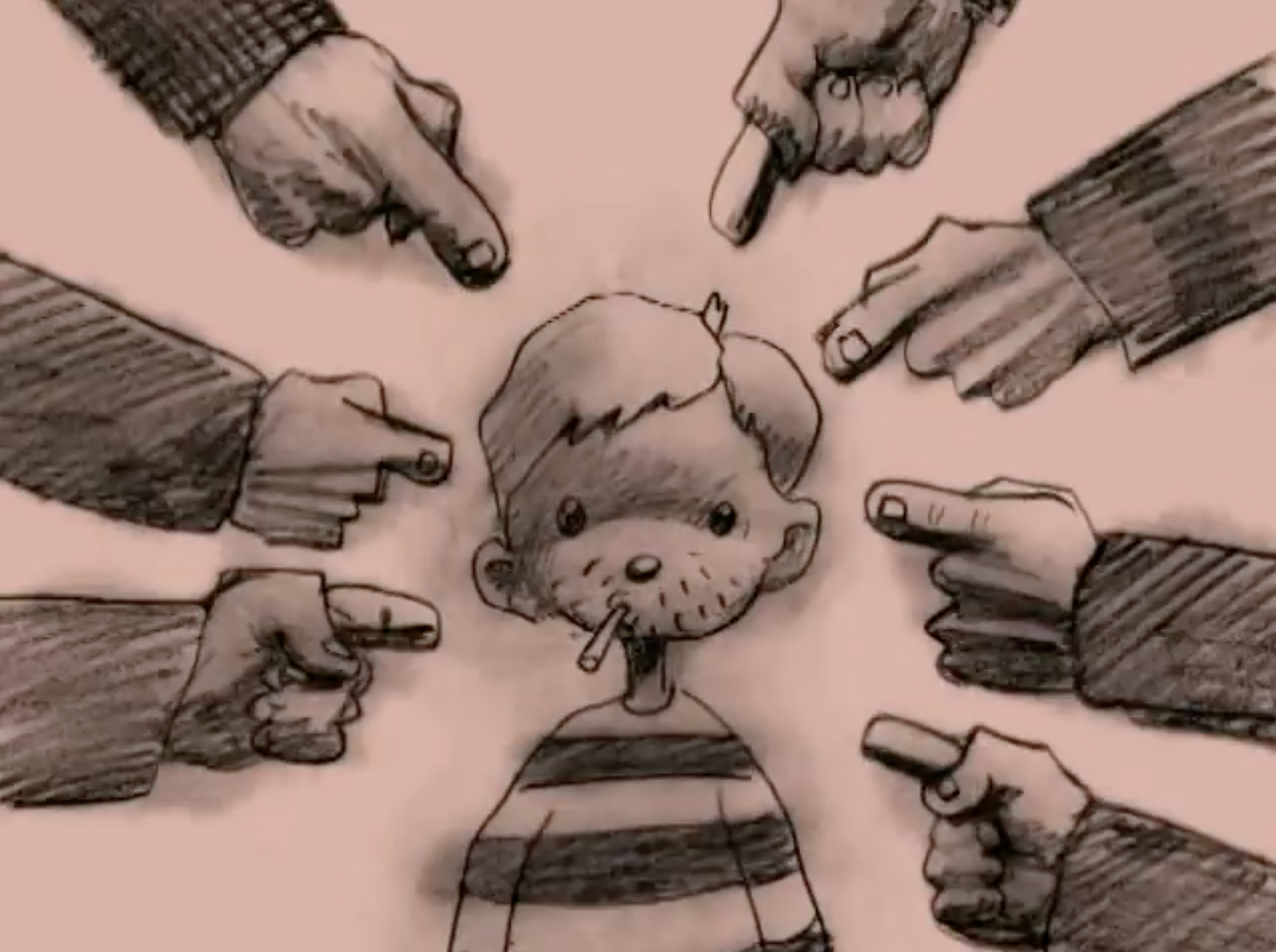
Weird Al Yankovic is at it again, with a nice parody of file trading and copyrights. His upcoming album “Straight Outta Lynwood”, features track “Don’t Download This Song”. The music video trails a young kid’s descent from peer networks to prison.
But this is something from Mr. Parody, so there is legitimate question which side of the file trading/copyright debate Weird Al belongs. As an artist, he might want to get paid for his work. Yet, his lyrics also stab at his profession.
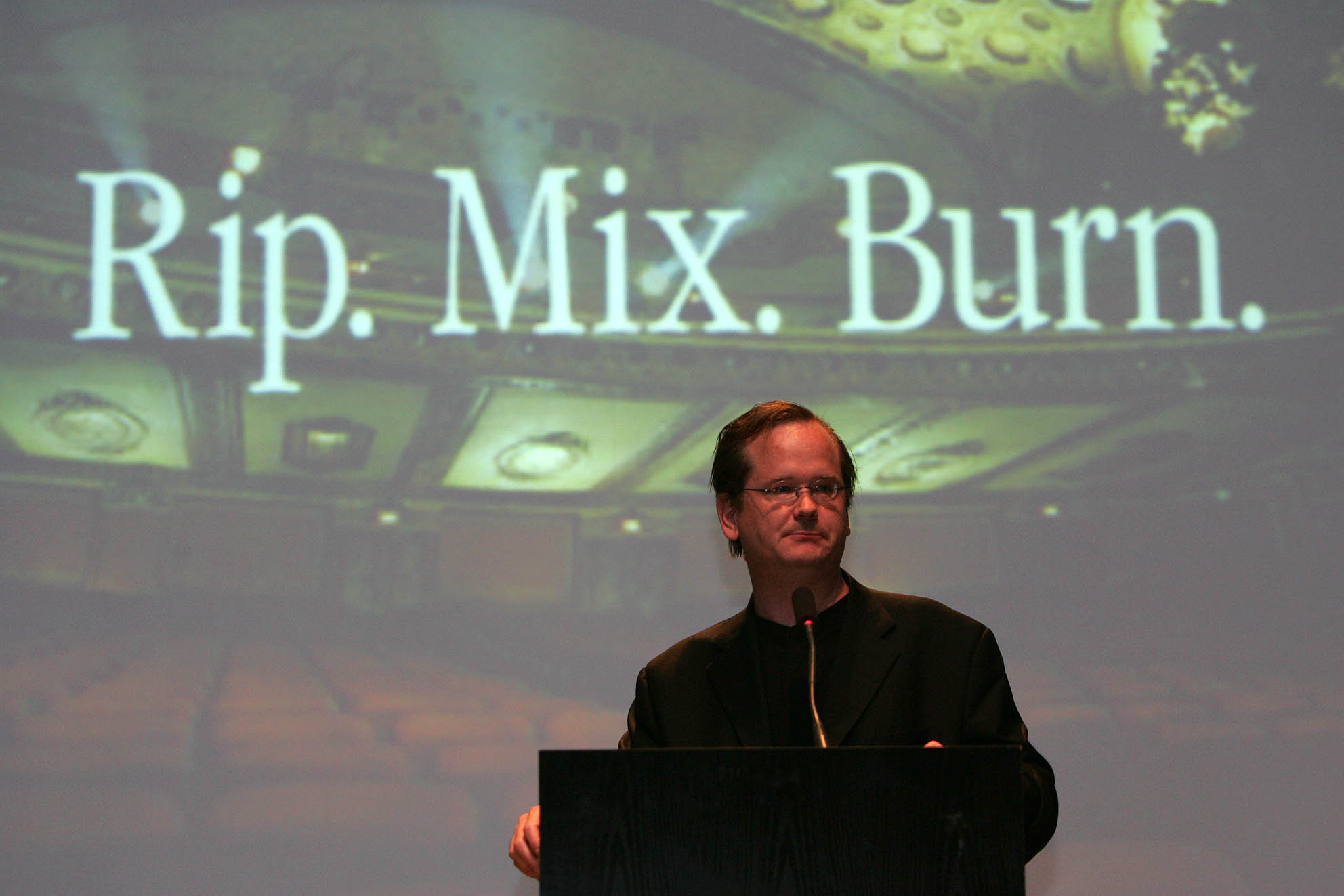
Geek Entertainment TV has an interview with Lawrence Lessig: Mr. Creative Commons and champion of reasonable copyrights. I’m a big fan of both. Lawrence’s work supports the spirit of the the early Web.

Today, my daughter and I hauled off to the University of Maryland, College Park, for a Storm Watchers presentation. The NOAA meteorologist making the presentation grew up in Southern Maine—Biddeford, to be exact.
Mmmm, I wonder how many meteorologists are from Maine. It’s hard to grow up there and not be interested in weather. With no exaggeration, weather changes about every 15 minutes in the summer, from clear skies to breezy and cloudy skies to tree-ripping thunderstorms. Upways in Northern Maine, rapid winter temperature shifts are common. I’ve seen 45-degree Celsius shifts (that’s 80 degrees Fahrenheit) from plus five to minus 40 in less than 12 hours. That’s no exaggeration.

I don’t see how the Bush Administration’s proposal to stiffen copyright laws synchs with the intentions of the framers of the Constitution and Bill of Rights. Last decade’s Copyright revisions were bad enough and prostitute the whole-purpose concept of public domain. My concern is bigger than copyright expiration. These laws designed to protect intellectual property, particularly with the Internet and digital distribution as justification for revision, increasingly are threats to free speech.
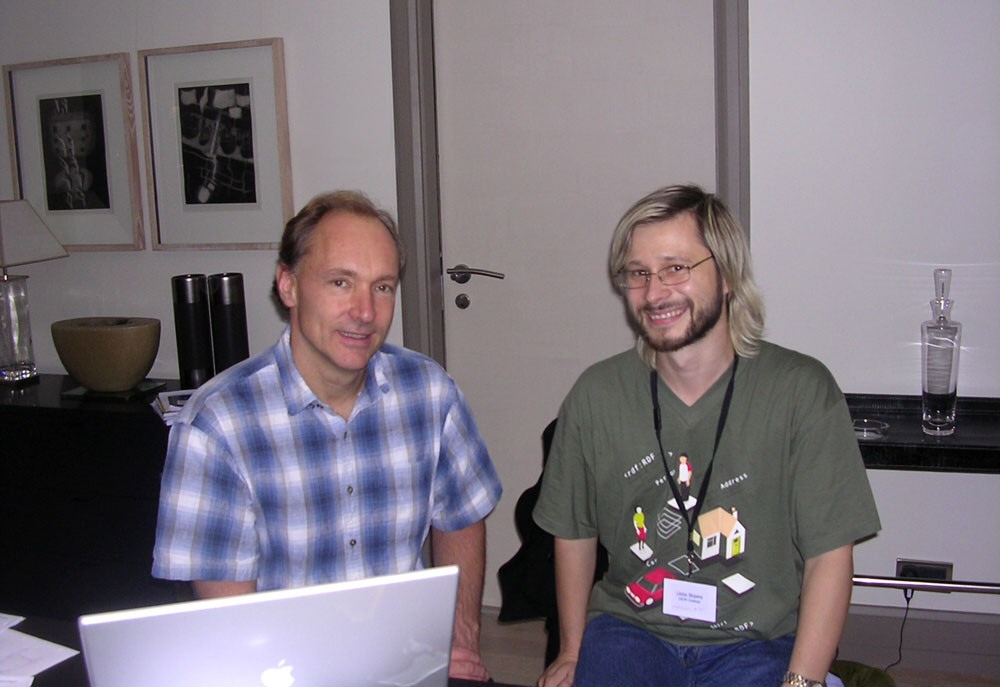
The World Wide Web turns 15 this month, a milestone that simply shouldn’t go unobserved. Researcher Tim Berners-Lee created the first Web browser and server in November 1990, with little fanfare and based on acccepted standards.
The first Website wouldn’t come until August 1991. A 1999 Time magazine profile of Tim offers a great for-the-masses explanation of his work developing the Web and championing for the openness that made the network extensible and successful.

I recorded the PBS special on Bob Dylan, “No Direction Home” and finished the first part last night. The film left me with a sense of loss about the state of American culture.
Dylan started making music at a time of counterculture poetry and song, the Greenwich Village crowd, that still had some lifeblood even through the early 1980s. My question: Where is the interest in arts for arts sake today? I recognize this isn’t exactly a new problem. The term counterculture is explanation enough for a longstanding problem.

My wife is prepping my daughter for home school. She was surprised that my daughter couldn’t identify one U.S. state. “We were supposed to learn last year in social studies,” my daughter said. Apparently, the teacher couldn’t get to it. While I am largely satisfied with what the public school teachers taught my daughter, the incident reminded me of something that happened late in the school year.
One Friday, my daughter asked about Napster. She knows that I have gotten songs from Napster and wanted to know about stealing music. Problem: Her confusion over the original Napster filing-sharing site and Napster 2.0, which sells music or offers it on subscription basis. Her fifth grade teacher was source of the confusion.

This afternoon, I was reading a story about cancelled flights—more concerns about terrorist threats—over at MSNBC. The story included an interactive element that lets the reader try out being a baggage screener for two minutes. Beneath the interactive element, “Can You Spot The THREATS?” is this option: “License this Interactive for your Web site.” Clicking through leads to Rights Links (powered) by Copyright Clearance Center, Inc. The cost: $99 for a single Website. Yeah, you read that right. MSNBC is charging for that interactive element.

I discovered a cool, new music site today. I was looking around MusicMatch, which had profiled The Distillers album “Coral Fang.” I listened to the songs first on MusicMatch MX radio; some rad punk. So I checked out the band’s homepage where there was a post about The Distillers going digital, with songs for sale over at Audio Lunchbox.
Audo Lunchbox is a legal download site hawking indie music. Lots of it, and stuff you’d buy from Apple’s iTunes Music Store (that means rights protection) or one of those Windows Media Audio outfits like MusicMatch (that also means rights protection). The problem with the rights-protected (a.k.a. digital rights management) stuff isn’t the restriction on playback (three PC cap for most music) but the compatibility. Apple’s music format and WMA aren’t compatible. The songs usually won’t play in the same media player or portable music player.